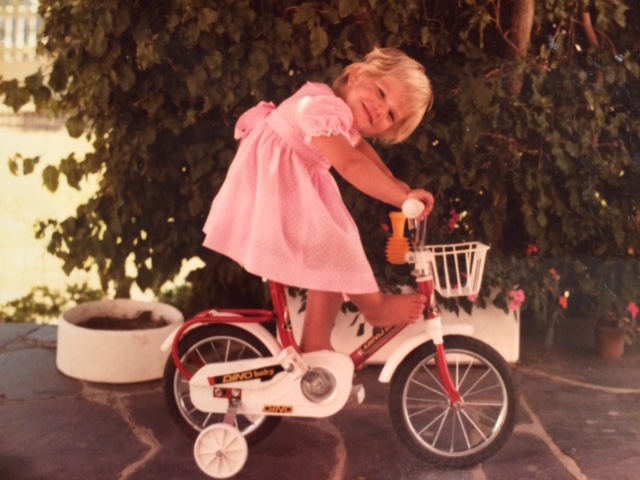
I’m not sure if this one qualifies as a blond moment. Nevertheless I thought to label it as such. The moment was more or less the same blondish colour that my hair was when I was 3 years old.
As many of you reading the blog know, I recently started my own business. Everyone tells you that networking is the way to go. You need a good network if you want to make it on your own. That it is the best way to get new clients. So, I listened and decided to attend a networking event. I did all my preparation for my one-minute pitch, had my business cards and printed flyers for my upcoming workshop. I spent time to ensure that I looked professional.
It was a lunch hour networking event. So, the communication clearly stated that you needed to be there 15 minutes before the start. I’m usually very punctual so I arrived 17 minutes before the time (what I thought) that the networking event will start. Much to my embarrassment I had the time wrong. I was an hour late! When I entered the room the last person was pitching her idea.
The organisers were kind enough to allow me to pitch my idea as well. So, there I was with a very active Inner Critic (the voice telling you that you once again screw up) in my head. Standing in front of a group of businesswomen pitching my business and informing them of the workshop I run that covers topics such as the Inner Critic.
I managed to take the most out of the 15 minutes that was left of the event. Afterwards, I could only laugh at myself. I used one of my tools, which is to tap into my inner child – that smiling blond haired 3-year old. All I could do was to laugh about it. It just shows that nobody’s life is perfect. Not the therapist, the coach or the trainer presenting personal development programmes. We are all human and every day gives us an opportunity to practise the tools we share with others.
This may sound funny but I’m glad I had this blond moment. It gave me an opportunity to embody my teachings. I’m proud to say that I did not fall back on my old default pattern that would be to criticise myself the rest of the day or to buy chocolate to eat away my sorrows. No, I rather made myself a wonderful cup of yoge tea and wrote this blog. Life is one big learning curve!
Learning: Life is one big learning curve.
Healing question: How can I bring laughter and lightness into this moment?

